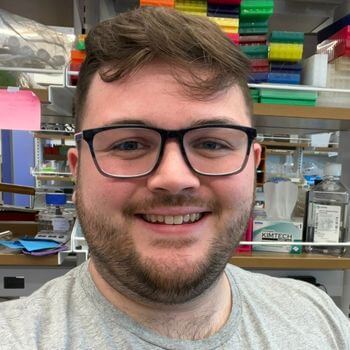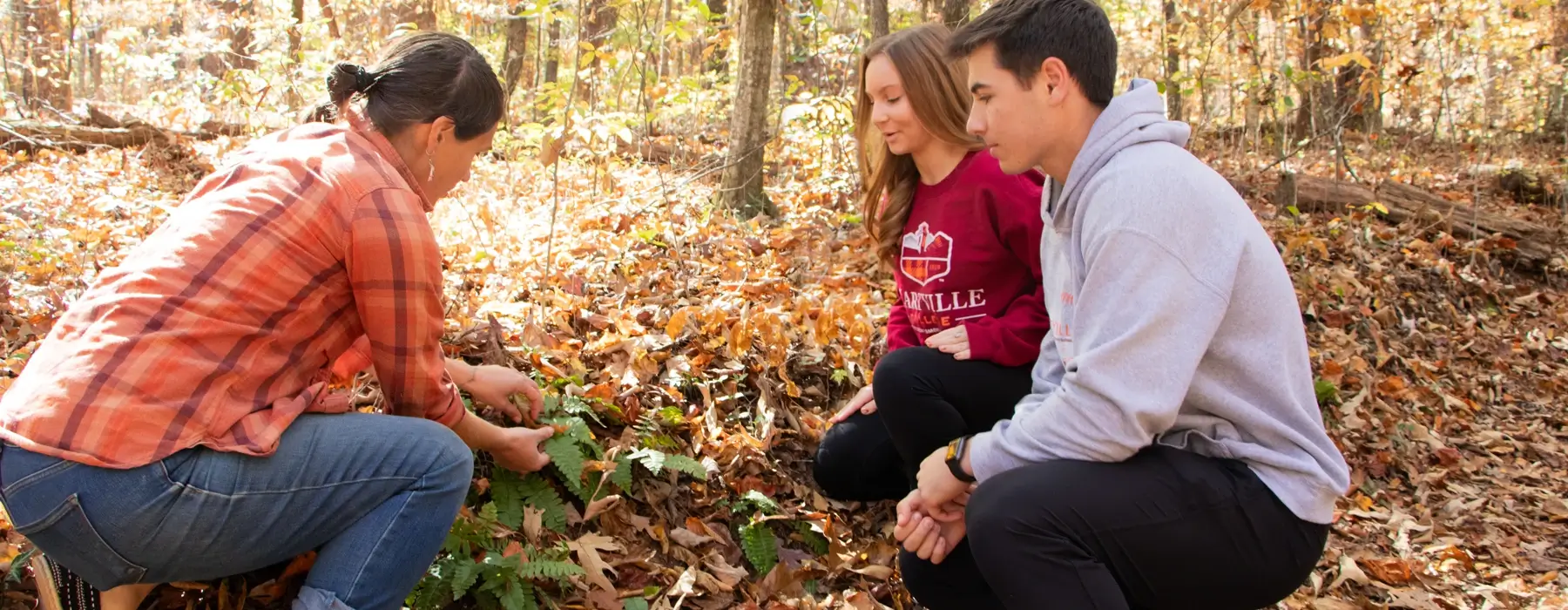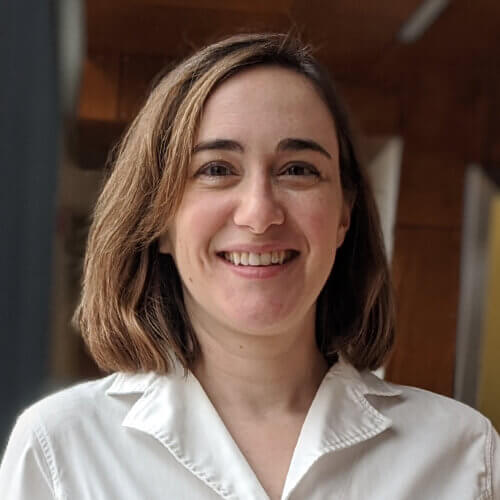Why study Biology at MC?
The curriculum in biology provides the student sound preparation in the major areas of biological science while permitting concentration in specialized areas of particular interest. Field study in the nearby mountains and lakes and opportunity for research through Oak Ridge Associated Universities and National Laboratories such as Argonne, Brookhaven, and Oak Ridge complement the curriculum.
The Major in Biology provides a comprehensive curriculum for students planning careers in which biological knowledge plays a central role. With careful elective choice students may pursue careers as professional biologists in any of the numerous sub fields and enter graduate school programs that lead to research-oriented careers, or they may enter medical school or other health-related programs. Interested in teaching at the middle- or high-school level? We offer a Master of Arts in Teaching (M.A.T.) Secondary STEM degree that can be completed in just one additional year.
Meet a Current Scot

Carmela Lewis
Hometown: Maryville, TN
Growing up, Carmela was always enamored with wildlife and the great outdoors. Now, she is pursuing a career in wildlife biology or marine biology so that she can make effective, positive change in the environment.
“Being so close to the Smoky Mountains and participating in Fit. Green. Happy.® living, I already feel as though I am making a positive impact,” she said. “I’ve also been able to explore other interests, such as minoring in Chemistry and Psychology, as well as joining Tri-Beta club on-campus.” Carmela interned with the East Tennessee Freedom Schools last summer, teaching participants “the fun realm of science” while also boosting reading skills.
Meet a Recent Grad

Cameron Moore ’20
Hometown: Third year Ph.D. Candidate at the University of Tennessee-Knoxville (Department of Microbiology)
As a Scots Science Scholar, Cameron learned the basic laboratory, computer and math skills that he still uses in his graduate education. The breadth of the curriculum — that enabled him to be in the field, as well as the lab — gave him a solid understanding of all aspects of biology, from ecology to biochemistry. Today, he is studying the symbiotic interactions between animals and bacteria.
The impact MC faculty members had on his education have inspired him to consider teaching at a small college as a profession.
“The professors at MC, specifically within the biology department, were crucial for my development,” he said. “They held me to a high standard and pushed me to think critically about how to ask scientific questions and analyze scientific data. They also genuinely cared about my success and wellbeing.”




